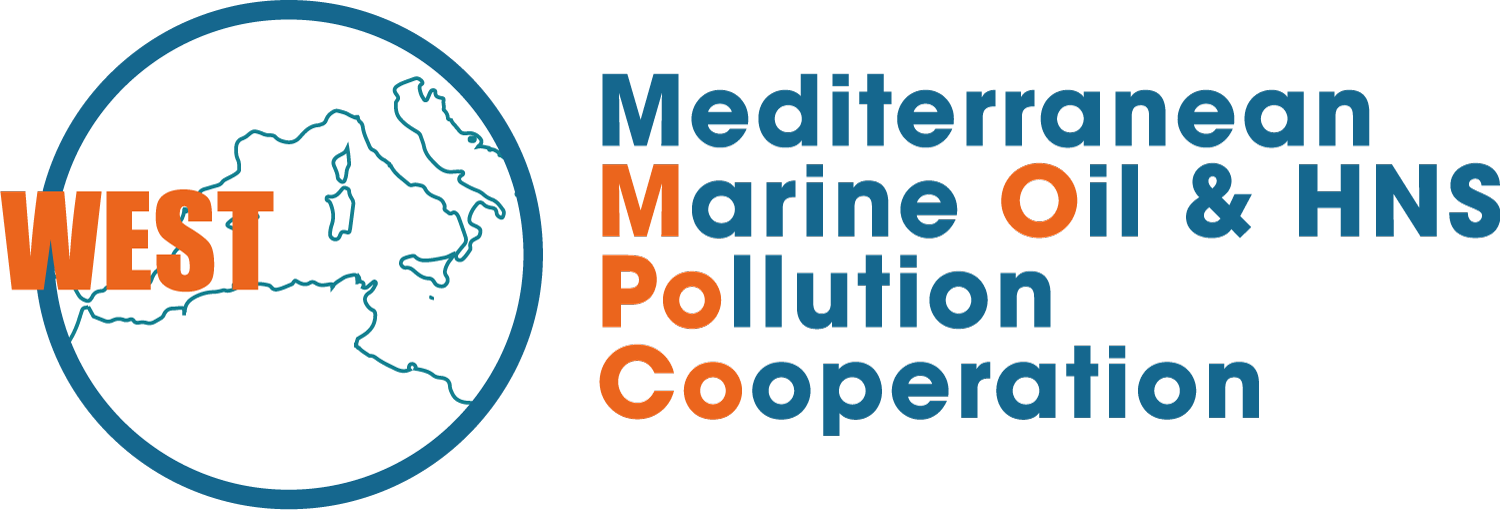Strengthening cooperation in emergency procedures
Strengthening cooperation in emergency procedures
National mechanisms for the mobilisation of response capacities will be developed and the synergies established between existing sub-regional contingency plans and arrangements to strengthen the emergency procedures and the sub-regional cooperation. Regional emergency communication will be enhanced through training and the upgrading of the regional system.
- Development of emergency communication systems capacities and tools
- Strengthening synergies between sub-regional and national emergency procedures
Development of emergency communication systems capacities and tools
Significant efforts have been made in the Mediterranean to facilitate the reporting needs of the Mediterranean countries, taking into consideration the Mediterranean regional information and reporting systems (MEDGIS-MAR, MENELAS, BCRS, EcAp) and through the adoption in December 2017 of the “Mediterranean Guide on Cooperation and Mutual Assistance in Responding to Marine Pollution Incidents” by REMPEC members. REMPEC has developed an electronic version of the Guide, enclosing a communication system named “Mediterranean Emergency Reporting System” (MedERSys) to enable the competent authorities to use the pollution reporting system (POLREP) electronically for the notification of incidents as well as the request and offer of assistance in case of emergency.
Mediterranean countries, especially EU Member States, are now faced with the need to interconnect these regional reporting systems with the European systems, primarily with the Common Emergency Communication and Information System (CECIS). Further to the revision of the CECIS for Marine Pollution (CECIS Marine Pollution) Resources Database structure in 2017, access to the CECIS Marine Pollution application was granted to the Regional Agreement Secretariats and recently opened to third countries sharing a sea basin with the EU. In order to ensure the optimum use of both systems, a training session on the use of CECIS Marine Pollution was organized in Brussels at DG ECHO for West MOPoCo beneficiary country representatives as well as representatives from other Mediterranean countries Parties to the Barcelona Convention with the support of DG ECHO. It provided a testing environment for CECIS Marine Pollution, the EU Host Nation Support Guidelines for Participating States delivering assistance during a major emergency and an opportunity for both member and non-member States to train in the use of the tool.
Participants concluded on recommending the use of CECIS Marine Pollution in principle and on tasking experts within the West MOPoCo project and the Mediterranean Technical Working Group (MTWG), in coordination with national competent authorities, to prepare a detailed analysis. The results of the Survey conducted by REMPEC in June 2020 on Parties to the Barcelona Convention needs and requirements were presented during MEDEXPOL 2020 and recommendations for the setting up of a Common Emergency Communication System in the Mediterranean adopted, for submission to the 14th Focal Points Meeting of REMPEC in 2021.
Details on the results of the Survey and technical recommendations can be found in MEDEXPOL 2020 - WG 47/4 - Way forward for the Establishment of a Common Emergency Communication System for the Mediterranean
Relevant project activities
- Activity 3.3 MedERSys Upgrade
- Activity 6.1 Sub-regional workshop on CECIS and MedERSys
Related news and events
Useful links
- For more information on CECIS and the ERCC, visit DG ECHO and the European Union Civil Protection Mechanism website: https://ec.europa.eu/echo/what/civil-protection/mechanism_en
- For more information on POLREP see REMPEC website
Strengthening synergies between sub-regional and national emergency procedures
Effective cooperation requires a good understanding of partners’ response systems, available equipment and capacities. To ensure the mobilisation of adequate response equipment in a timely and accurate manner, an analysis of the national mechanisms for the mobilisation of response equipment in case of emergency will be conducted for each country Beneficiary (Algeria, France, Italy, Malta, Morocco, Spain and Tunisia).
This analysis will be restituted as a living Manual for the competent authorities in order to better identify areas of potential cooperation and enhance existing procedures, in particular through pre-established cooperation and hiring agreements. It will provide a living picture of the availability of equipment and expertise within the sub-region and the mechanisms to mobilise them in case of international asssistance.
To complement these findings, a feasibility study on the establishment of synergies between these national mechanisms and the existing sub-regional agreements/plans in the Western Mediterranean has been conducted, aiming at the creation of new opportunities of cooperation and assistance between the countries in the field of preparedness and response to marine pollution. Specifically, the Study examines the possibility of the establishment of a shared pool of resources, based on the national capabilities of the countries, as well as identify the operational mechanism for sharing capacities and related procedures at the level of the sub regional contingency plans.
In order to share the results of this study and enlarge the reach of its conclusions, the main findings and recommendations of the Study were presented by SGMer during MEDEXPOL 2020, and adopted by the sub-regional workshop to enhance regional cooperation in the Mediterranean (see presentation and MEDEXPOL 2020 working document).
Relevant project activities
- Activity 5.1 National mechanisms for the mobilisation of response equipment and experts in case of emergency.
- Activity 5.2 Synergy between the Sub-regional agreements/plans and Sub-regional mechanism enabling coordinated and coherent response to marine pollution in the west Mediterranean
- Activity 6.4 Sub-regional workshop to enhance Sub-Regional Cooperation and Project Closure meeting
Related news and events
.png)
